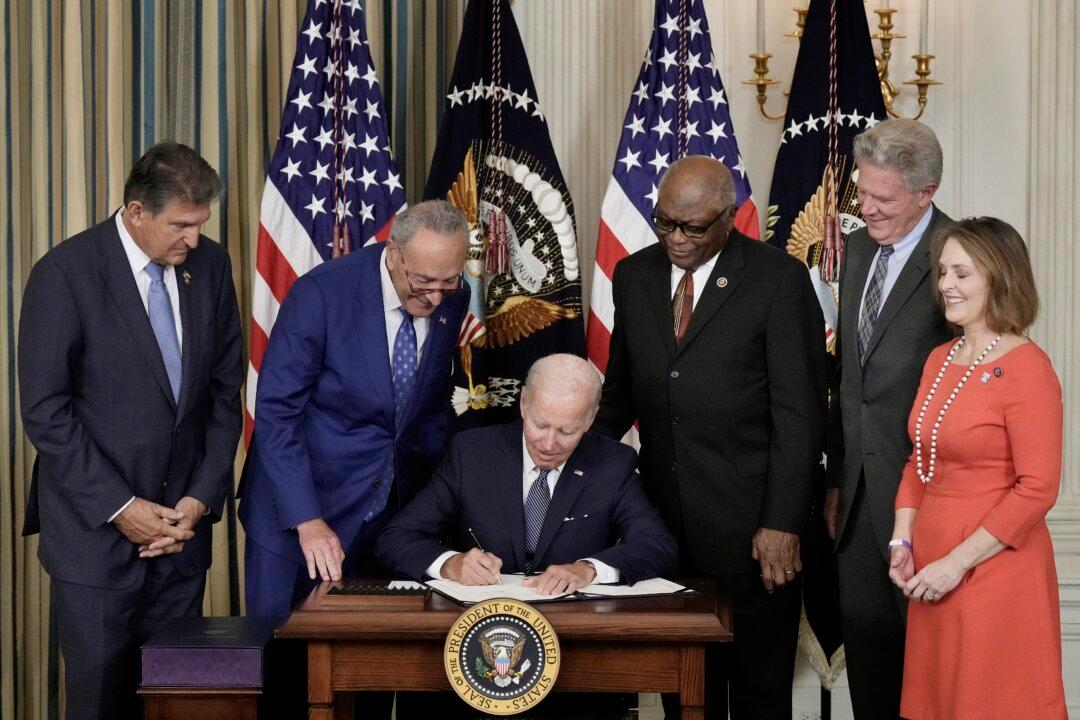A high-ranking official at the U.S. Department of Treasury has taken aim at the Inflation Reduction Act recently signed into law by President Joe Biden, alleging that the act which purports to prioritize environmental concerns is a means of “reengineering” the U.S. economy to favor “neo-Marxist” ideals.
Monica Crowley, who served as assistant press secretary for the Treasury Department under President Donald Trump, spoke to reporters on Fox News on Tuesday, warning that the Inflation Reduction Act marks a departure from free market ideals and toward the collectivist economic models favored by communist dictatorships.





